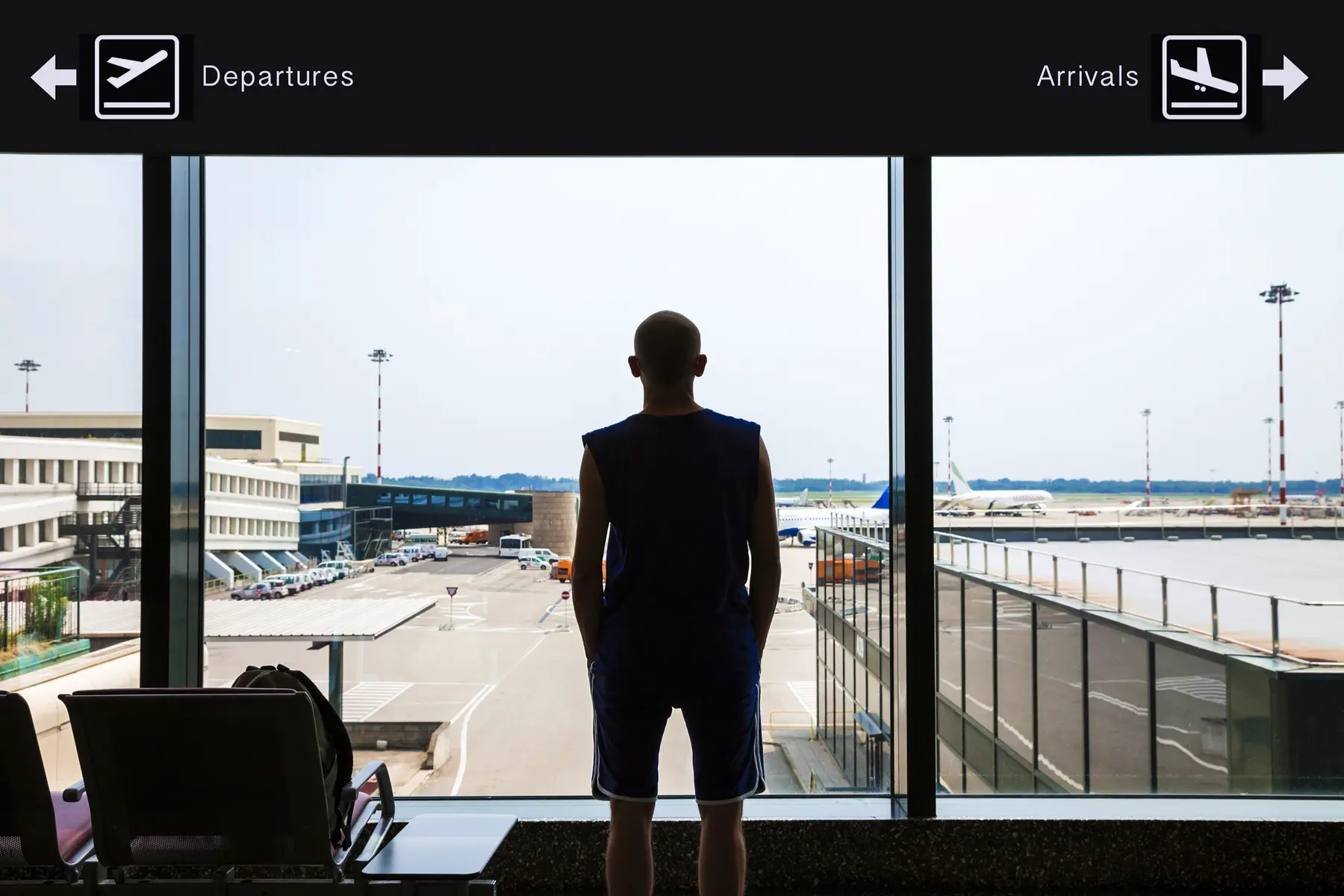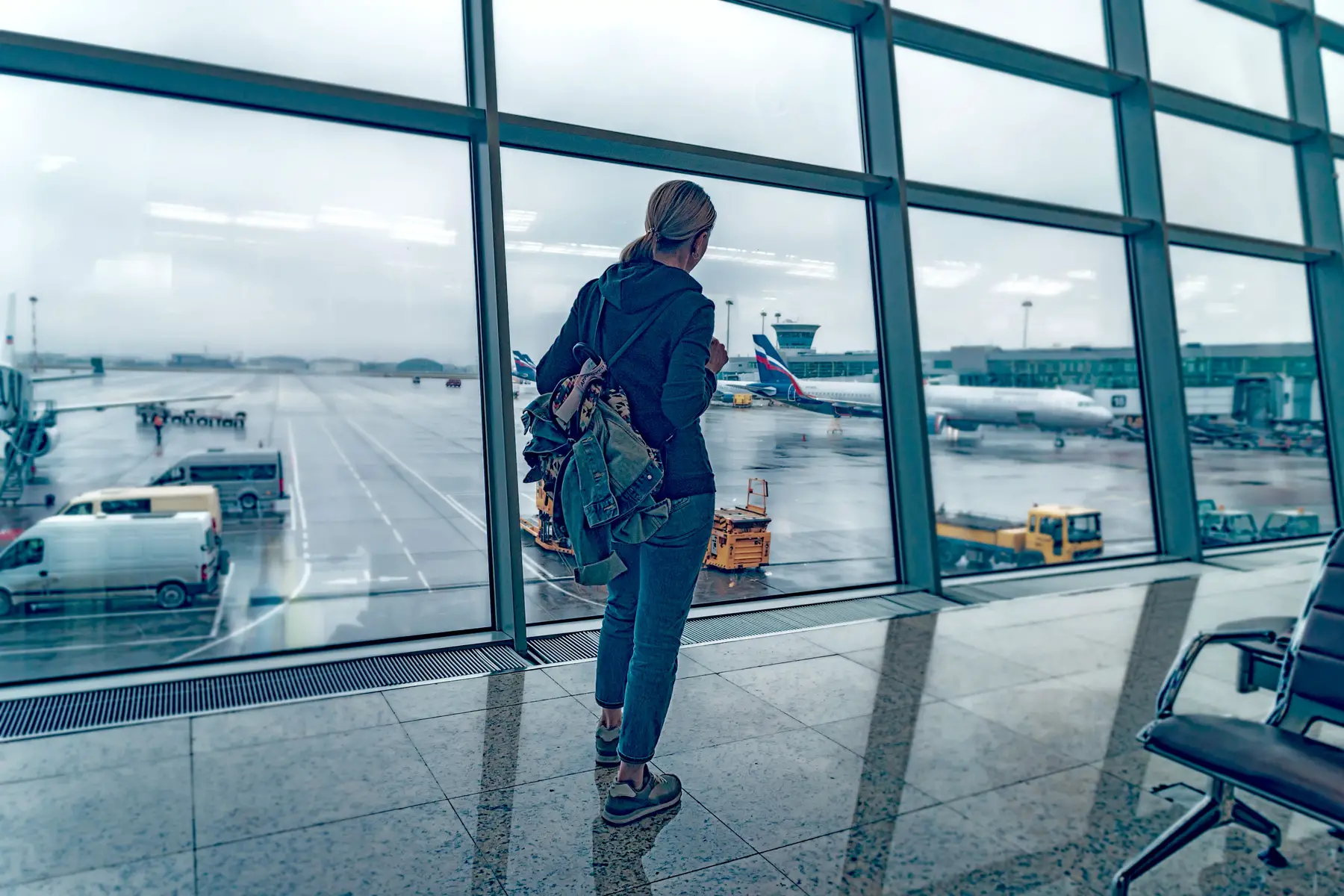Differences between culture shock and reverse culture shock
Like culture shock, reverse culture shock has a number of stages; imagine this to be a u-shaped curve. At first, you may be excited to return home – seeing friends and family members, wearing the rest of your wardrobe, and eating at your favorite restaurants.

This initial euphoria eventually wears off. That is when you find yourself feeling out of place in your own culture. This is the experience of reverse culture shock; it’s the bottom of the curve and often the roughest part.
The good news is, although it may take time, you will begin a gradual adjustment back towards feeling comfortable with where and whom you are.
How reverse culture shock happens
“Reverse culture shock is experienced when returning to a place that one expects to be home but actually is no longer. It is far more subtle, and therefore, more difficult to manage than outbound shock precisely because it is unexpected and unanticipated,” says Dean Foster, founder and president of DFA Intercultural Global Solutions, a firm that specializes in intercultural training and coaching worldwide.
Foster explains that expats learn over their time in a host country “to behave and think like the locals, to greater or lesser degrees, while on international assignment.”
“By the time most traditional international assignments come to an end, several years may have passed. This provides the international assignee a significant amount of time to learn new patterns of behavior and thought necessary to fit into their host country.”
Foster points out that expats returning home are “shocked into the realization that they have in fact changed substantially. They usually find this when they encounter their home culture upon repatriating. Both they and their home culture have changed, and this is often the first time that expats have had the opportunity to experience any of these changes.”
What is reverse culture shock?
As strange as it sounds, expats become less and less familiar with their home stomping grounds. Returning brings a blanket of fog on perception; it’s like an audience member walking around in a setting that’s familiar but still unreal.
Robin Pascoe, the author of Homeward Bound, writes: “re-entry shock is when you feel like you are wearing contact lenses in the wrong eyes. Everything looks almost right.”

Simply put, being an expat is such a lengthy and deep international experience it brings about great professional and personal changes. You see old norms and values from your home country from a fresh perspective, and expats and their families see things in a new light; something like Dorothy going from black and white to Technicolor.
In addition, expats can begin to feel frustrated or confused when their close friends and family are anything but curious. After all, the expat lived in a foreign land for years, with new sights, sounds, and exotic smells to explore.
According to Bruce La Brack from the School of International Studies at the University of the Pacific, expats returning home can expect their top re-entry challenges to be:
- Boredom
- No one wants to listen
- You can’t explain
- Reverse homesickness
- Relationships have changed
- People see negative changes
- People misunderstand you
- Feelings of alienation
- Inability to apply new knowledge and skills
- Loss/compartmentalization of experience
How to deal with reverse shock
Share your experience with others
Although you might feel like no one wants to listen, there will be close ones who will support you with open ears and honest interest.
Start a blog, contact friends you made as an expat, or write articles. Try to see if there’s a community from the country that you moved from and meet them in a social setting. Find new ways to incorporate your urge to share stories with an audience who will listen intently.
Maintain your style and stay international
Things might be different, people (including yourself) might have changed, but this doesn’t mean a ‘repat’ should give up character and interest learned from abroad just to fit in. Maintain your lifestyle, from the food you ate abroad to the nature of your evolving personality. If you worked in a position of leadership while abroad, keep an open and encouraging mindset in your new position.
“Remember that being flexible and expecting the unexpected helped you get through the difficult times abroad. The same attitude can help you back home,” says the Office of International Studies at Northeastern University.

“Reverse culture shock is a transition, and an important learning experience. Use this time to rebuild relationships, interests, and your new worldly self.”
Keeping an international perspective is a special skill not to take for granted or put away. Read international magazines and foreign newspapers, or access news from your host country via websites and forums.
Ask for training
From an occupational point of view, Foster recommends training courses not just for the employee. Instead, the entire family should participate.
“It needs to involve the human resources department at least six months prior to the return. This is so that the company can ensure a position for the repats that value their new skills. Repatriation training helps the entire family adjust to the fact that they have all changed significantly while on international assignment,” says Foster.
“Training will assess and value those changes, and see the ways their home country has changed while they were abroad.”
In the end, the transition requires patience and even more of an open mind than before. Careful preparation will ease the bumps experienced on the ride home for the entire family. Brace yourself for the shock and enjoy the unique thrills of seeing your home from this different perspective.




